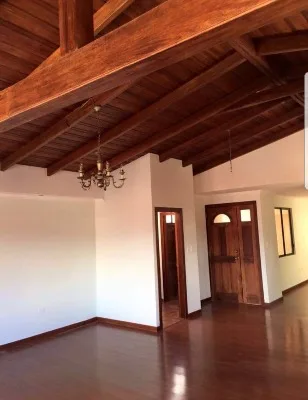‘Love me if you can’ — the sensations of affinity
By Viktoria Vidali
Much has been written about the “expat experience,” often in bulleted or numbered prescriptions, but we humans are not programmable like computers,and even when following good and well-meaning advice, many of us are still unable to quell those emotions of lingering uncertainty and sadness for what we left behind.
There’s something to be said for feeling comfortable and secure, the familiarity we have knowing the sights, sounds, smells, tastes – in short, the way things are done and what others expect of us. Indeed, when we are immersed in our home culture, we don’t have to think much about the day-to-day because it’s second nature, like Alaska salmon swimming upstream or the swallows returning to San Juan Capistrano.
expect of us. Indeed, when we are immersed in our home culture, we don’t have to think much about the day-to-day because it’s second nature, like Alaska salmon swimming upstream or the swallows returning to San Juan Capistrano.
However, moving to a new culture – especially one in dynamic evolution with a different, even if poetic, language – changes all that. Though we may not be consciously aware of it, our minds are actually on alert for most of the first year, busy cataloging all the fresh information that will allow us to navigate our lives as we had fluently navigated them before we arrived.
And this is hard work, making million of mental connections between new causes and effects in everything from food flavors to body language. Comparing ourselves to how well others are adjusting will only impede the ease with which we integrate because we each have diverse  characters, speed of adaptation, and, most of all, capacity for positive and realistic expectations. However, this transition – using new colors and paintbrushes on an unfamiliar canvas – can become a work of art, teaching us heretofore unknown aspects of ourselves. Then, through patience and perseverance, the first sensations of affinity will be kindled.
characters, speed of adaptation, and, most of all, capacity for positive and realistic expectations. However, this transition – using new colors and paintbrushes on an unfamiliar canvas – can become a work of art, teaching us heretofore unknown aspects of ourselves. Then, through patience and perseverance, the first sensations of affinity will be kindled.
In later life, Mary Oliver relocated from her cherished home in Massachusetts to Florida. Although she did not make the dramatic move to a strange land many of us have made, she speaks, as only a poet can, of the necessity of accepting differences:
The Mangroves
As I said before, I am living now
in a warm place, surrounded by
mangroves. Mostly I walk beside
them, they discourage entrance.
The black oaks and the pines
of my northern home are in my heart,
even as I hear them whisper, “Listen,
we are trees too.” Okay, I’m trying. They certainly
put on an endless performance
of leaves. Admiring is easy, but affinity,
that does take some time. So many
and so leggy and all of them rising as if
attempting to escape this world which, don’t
they know it, can’t be done. “Are you
trying to fly or what?” I ask, and they
answer back, “We are what we are, you
are what you are, love us if you can.”
Recognizing and acknowledging these personal struggles in ourselves and others can soften the rough edges and draw us closer not only to accepting but to truly appreciating our new culture.






















